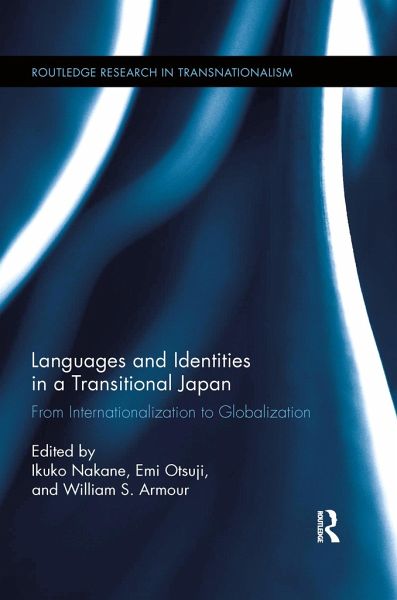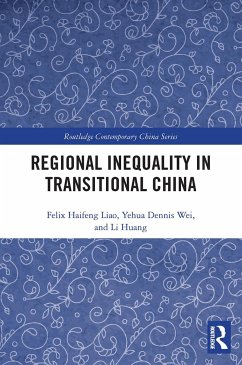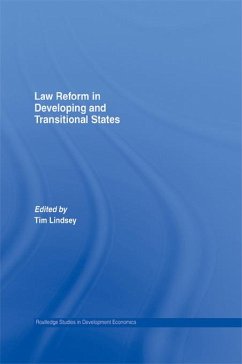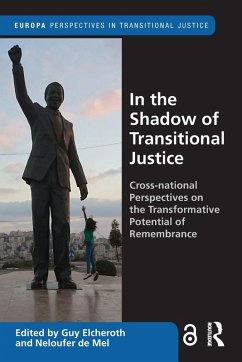
Languages and Identities in a Transitional Japan
From Internationalization to Globalization
Herausgeber: Nakane, Ikuko; Armour, William S.; Otsuji, Emi
Versandkostenfrei!
Versandfertig in 1-2 Wochen
61,99 €
inkl. MwSt.
Weitere Ausgaben:

PAYBACK Punkte
31 °P sammeln!
This book explores Japan-in-transition from internationalization to globalization from the perspectives of language and identity. The chapters address how national identity has faced the shift from hard to soft power, offer critical analyses of multilingual practices, and investigate what teaching, learning and using Japanese mean in the context














